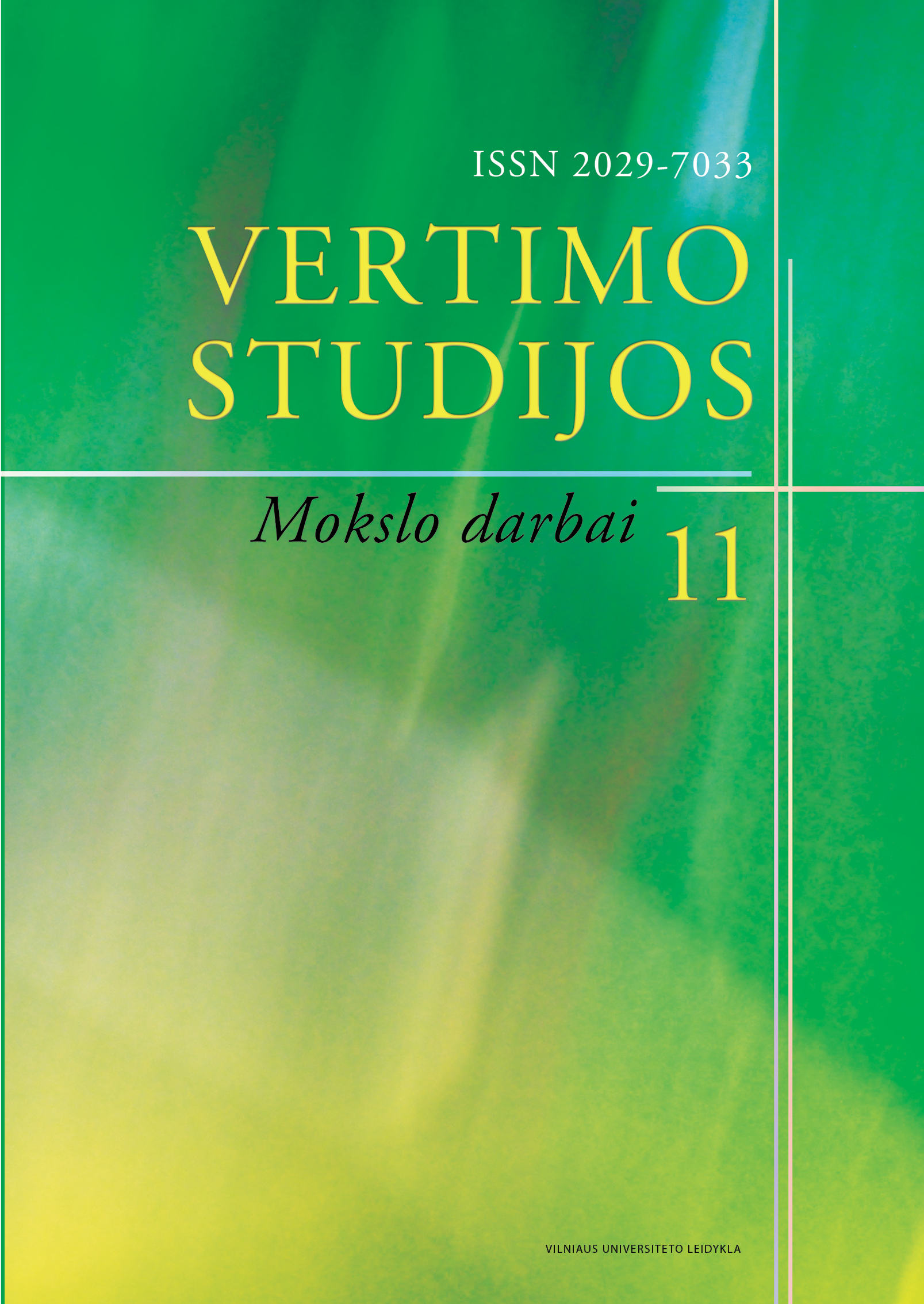Урбанонимы в украинском и английском сленге: к вопросу об эквивалентности и переводе
Urban names in English and Ukrainian slang: On equivalence and translation
Author(s): Katharine BondarenkoSubject(s): Lexis, Semantics, Translation Studies
Published by: Vilniaus Universiteto Leidykla
Keywords: urban name; slang; semantic-ideographic; translation; equivalence;
Summary/Abstract: This article investigates the informal verbalizations of urban place names; it also questions the hypothesis of their potential untranslatability. The concept of slang is based on the assumption that slang acts as a linguistic channel for liberating carnivalesque laughter. The most numerous lexical fields (presumably most important for the carnivalesque worldview) are those denoting entertainment establishments (brothels, night clubs, cafes), prisons and hospitals. Humankind resorts to substandard communication to state the predominance of primeval instincts, a negative relation to the dominant value system with its restrictions. Mocking values and norms, physiological deficiency, gender or racial peculiarities is the essence of slang as a constituent of humour culture. Slang is a revolt against hierarchy. It relieves tension without endangering the stability of the society. Lexical semantic analysis of slang toponyms shows the potential possibility of adequate comparing and translating of place names in both directions.
Journal: Vertimo studijos
- Issue Year: 11/2018
- Issue No: 11
- Page Range: 6-14
- Page Count: 9
- Language: Russian

